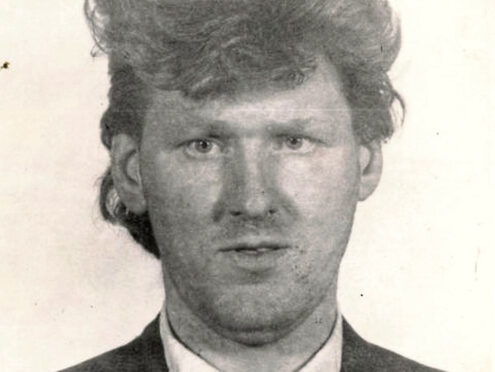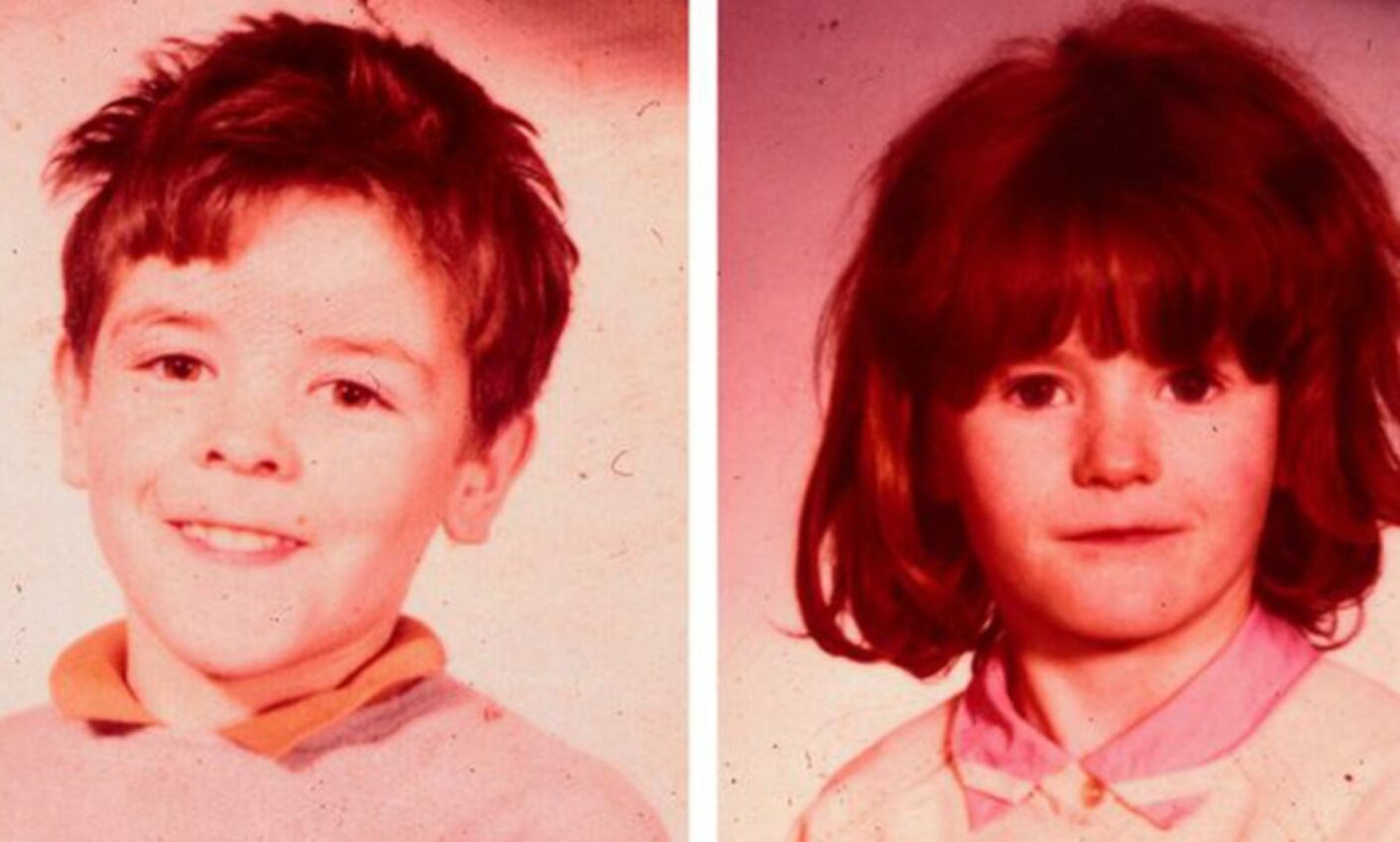
A double child killer’s long-running attempt to be released from secure units where he has been held for 45 years has finally been rejected two years after it began.
Alexander Millar, who killed a young brother and sister during a break-in, launched his latest move for release from secure psychiatric units in 2019, just eight months after he had been told he was too dangerous to be freed following an earlier bid for freedom.
The sister of his young victims has welcomed the decision to refuse his release and said she feels persecuted by his repeated attempts to be freed.
Millar, 74, has been held in secure psychiatric units since he bludgeoned siblings John, 13, and Irene McMonigle, 12, to death with a hammer in 1976 in a crime that shocked Scotland.
Liz McMonigle, 54, who, along with her dad, discovered the bodies of her brother and sister, told The Sunday Post: “Two beautiful souls were taken from us in the most unimaginable way and it has felt like I am being persecuted every time these tribunals come around.
“It feels like we will never have peace. What I saw all those years ago haunts me every single day.
“The distress this causes us is immense and it takes its toll on your mental and physical health. I have such pain on the inside and will always suffer the mental scars.
“My dad is sadly no longer with us but I will always fight on for him, for myself, and for the rest of the family to try to ensure this individual is never released into society. He will always be dangerous.”
The double killer was told by a mental health tribunal in March 2019 that he must remain detained “in order to protect any other person from serious harm”.
But he launched another appeal for release later that year, which was delayed due to the pandemic before finally being rejected last month.
The Mental Health Tribunal Scotland stated in a letter to his victims’ family last month: “The Tribunal panel considered all the evidence, submissions and representations before it and made no order. Accordingly, the status quo is maintained and the patient remains detained in hospital and remains subject to his compulsion order and restriction order.”
Millar is currently being held in a secure psychiatric unit in Ayrshire after spending almost 30 years in the State Hospital near Carstairs, South Lanarkshire.
He attended a gardening scheme in Ayr in 2012 as part of attempts to reintegrate him into society but has subsequently been denied repeated appeals on the grounds that he remains dangerous.
The law was changed about 15 years ago to ensure restricted patients – offenders with a mental disorder – are referred to a tribunal by Scottish ministers every two years. They can order no change, or a conditional or complete discharge into the community.
But patients themselves can also apply once a year to be discharged. Millar’s last appeal of this type was in 2013. His restriction order allows for him to be held in secure care without limit of time.
He tied up John and Irene, gagged them and beat them to death after breaking into their house in Govan, Glasgow, in January 1976 to steal a TV.
He also indecently assaulted Irene. He was charged with murder but admitted culpable homicide on the grounds of diminished responsibility. Judge Lord Wheatley described his crimes as “most terrible”.
The Mental Health Tribunal Service said it was unable to comment on individual cases.

Enjoy the convenience of having The Sunday Post delivered as a digital ePaper straight to your smartphone, tablet or computer.
Subscribe for only £5.49 a month and enjoy all the benefits of the printed paper as a digital replica.
Subscribe